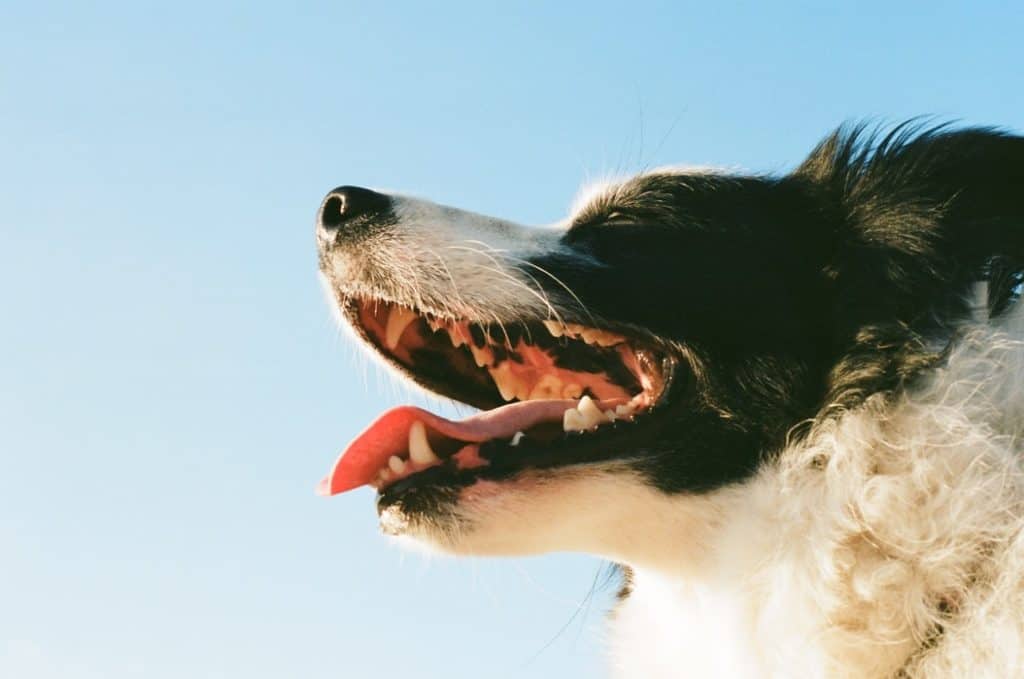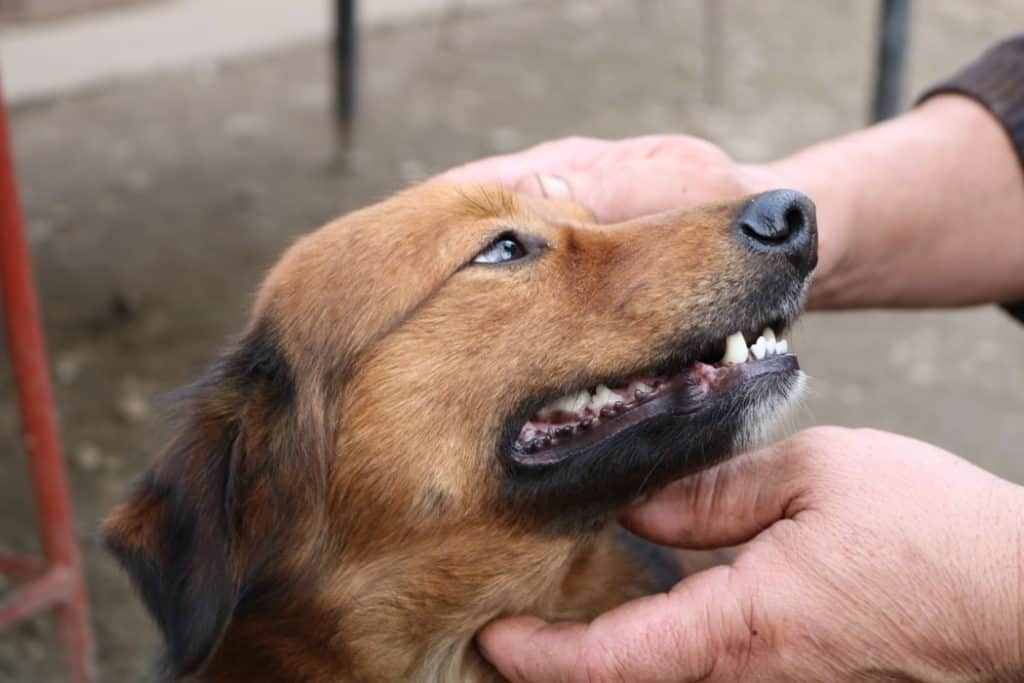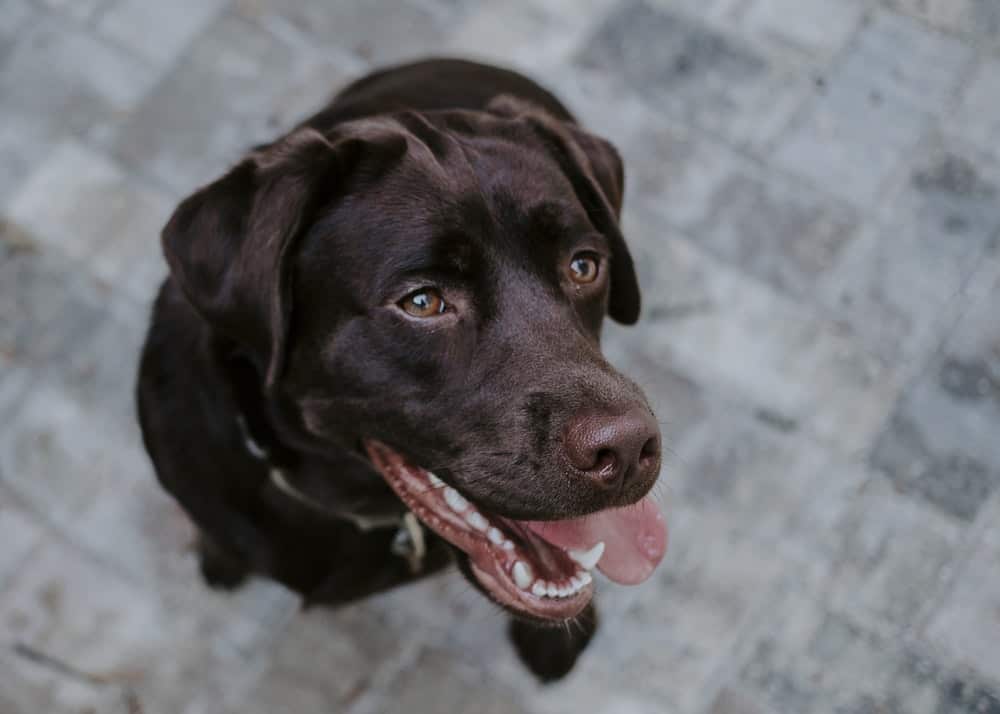Dogs are man’s best friend. They provide you with companionship and are very loyal to their owners. Caring for your dog’s overall health is no question if you want your pets to stay healthy and be with you longer. Here are the Top 10 Dog Dental Questions to help you avoid getting animal-related diseases.
Contents
- 1 Top 10 Dog Dental Questions
- 1.1 1. How Many Teeth Do Dogs Have?
- 1.2 2. When Do Dogs Begin to Lose Their Baby Teeth?
- 1.3 3. Can You Tell How Old a Dog is by Looking at His Teeth?
- 1.4 4. Can Dogs Regrow Adult Teeth if They Lose Them?
- 1.5 5. My Dog has Bad Breath. Are Bad Teeth and Gums the Cause?
- 1.6 6. Do Small or Large Dogs Have More Problems with Their Teeth?
- 1.7 7. How Can I Tell if My Dog Has Gum Disease?
- 1.8 8. What’s That Really Big Tooth in the Middle of My Dog’s Upper Jaw?
- 1.9 9. I Heard That Dogs Could Get Mouth Cancer. Is That True?
- 1.10 10. I’ve Tried Many Times to Brush My Dog’s Teeth with No Success. She Seems to Hate It. Is There Anything Else I Can Do to Take Better Care of My Dog’s Teeth?
- 2 Conclusion
Top 10 Dog Dental Questions
The oral cavity of the dog is full of mystery and misunderstanding among dog owners. Even some usual practices can cause serious health problems if you’re not knowledgeable about it.
February is Pet Dental Health Month and we shouldn’t only be concerned about it for only a month. Keep your dog’s teeth and gums in good shape all throughout the year.
That’s why as a dog owner, you should know about the overall dental health of your dogs. Below are some of the most common questions asked by dog owners on the internet.

1. How Many Teeth Do Dogs Have?
For the average adult dog, there are a total of 42 adult permanent teeth. Compared to young human kids, puppies lose their first teeth more quickly because they mature a lot faster.
Dogs have about third more teeth than the average adult human. They also follow the same process as us. The young start out with temporary teeth and then move to harder adult teeth as they mature.
Puppies begin growing out their baby teeth which are also called deciduous teeth. According to Dr. Rachel Barrack, a total of 28 deciduous teeth grow from puppies and they will eventually fall off as the puppy grows.
2. When Do Dogs Begin to Lose Their Baby Teeth?
According to Dr. Lucas White of Sunset Veterinary Clinic, depending on the dog’s size and breed, the incisors are the first to fall out during the 4 months, then around 5-6 months, the canine teeth fall off. The last to fall are the premolars and molars that come off between 5-8 months of age.
These deciduous teeth start to grow around 3 to 4 weeks of age. The first teeth to appear are the incisors with 6 on top and 6 on the bottom of the mouth. The next to grow are the premolars that appear behind the canines. They start to grow around 3 to 6 weeks of age.
3. Can You Tell How Old a Dog is by Looking at His Teeth?
Looking at your dog’s teeth is the best way to determine the age of your dog. All of the baby teeth or deciduous teeth grow between 3 to 6 weeks of age. Permanent teeth don’t show up until your dog is 4 months old.
All the permanent teeth will start to show around 7 months of age. The teeth will stay clean and white for a year. When the dog is around 3 years of age, the teeth will show some dullness and tartar slowly builds up at the back teeth.
Around 3 to 5 years of age, all the teeth will show tartar build-up and wear. When your dog is over 5 years, the teeth will look very worn out and are at risk of dental diseases. This only happens if you don’t do any dental cleaning or check-up with a veterinarian. Source: Cornell University – College of Veterinary Medicine
4. Can Dogs Regrow Adult Teeth if They Lose Them?
Some animals have the ability to regrow parts of the body. For example, sharks have the ability to regrow their teeth as they need it in order to continue hunting for food. Dogs, on the other hand, can’t regrow back their adult teeth.
A dog’s adult teeth will never grow back. When this happens, this could be a sign that your dog is experiencing dental problems. Make sure you get your dog checked by a veterinarian so you can identify the underlying reason for your dog’s teeth falling off.

5. My Dog has Bad Breath. Are Bad Teeth and Gums the Cause?
Bad teeth and gums are likely the cause of your dog’s bad breath. However, it’s probably not the only cause of your dog’s bad breath. Some diseases or situations can also cause bad breath.
Conditions like kidney failure, diabetes, nasal or facial skin infections, and even oral cancers may be the cause of your dog’s bad breath.
Your dog may have also ingested something bad like feces or other foul-smelling materials. Make sure you get your dog checked in order to prevent it from getting worse.
6. Do Small or Large Dogs Have More Problems with Their Teeth?
According to the American Kennel Club, size does matter when it comes to the dental dilemmas suffered by dogs. Brushing your dog’s teeth consistently can prevent dental problems.
Small dogs are more prone to tartar formation, gum recession, and eventual loss of teeth. Large dogs, on the other hand, are more likely to suffer from fractured teeth from chewing aggressively. When the fracture exposes the tooth interior, it can cause an infection and may cause loss of a tooth.
7. How Can I Tell if My Dog Has Gum Disease?
Gum disease is usually silent and there are no outward signs or symptoms. This can be deadly for your dog. It can cause chronic pain, eroded gums, missing teeth, and even bone loss which we don’t want our dogs to suffer from.
According to WebMD, these are some of the warning signs that your dog may be suffering from gum disease:
- Problems picking up food
- Bleeding or red gums
- Loose teeth
- Blood in the water bowl or on chew toys
- Bad breath (halitosis)
- “Talking” or making noises when a dog eats or yawn
- Bumps or lumps in the mouth
- Bloody or ropey saliva
- Not wanting the head touched
- Chewing on one side of the mouth
- Sneezing or nasal discharge
8. What’s That Really Big Tooth in the Middle of My Dog’s Upper Jaw?
The really big tooth in the middle of your dog’s upper jaw is what we call the carnassial tooth or more commonly known as the canine tooth. These teeth have this unique shape to better serve their purpose: shear, crush and hold food.
9. I Heard That Dogs Could Get Mouth Cancer. Is That True?
According to Dr. Ernie Ward, about 1 in 4 dogs will die of some form of cancer. So, unfortunately, your dog can potentially be diagnosed with oral tumors.
Untreated tumors can spread rapidly and aggressively. Look for any swelling, lumps, or dark and unusual colored tissue in your dog’s mouth as this could be a sign of oral tumors.
If your dog is suffering any of these symptoms, have your dog checked by a veterinarian quickly. Early detection can help increase the chance of your dog recovering from oral cancer.

10. I’ve Tried Many Times to Brush My Dog’s Teeth with No Success. She Seems to Hate It. Is There Anything Else I Can Do to Take Better Care of My Dog’s Teeth?
Aside from brushing your dog’s teeth, there are other ways to maintain your dog’s oral health.
- Provide your dogs with chew treats approved by the Veterinary Oral Health Council (VOHC) that help remove plaque and tartar.
- Rinse your dog’s mouth with an antimicrobial rinse that kills the pathogenic bacteria which causes gum infection.
- Check your dog’s mouth once a week by making sure everything looks and smells healthy.
It’s also best if you can have your dog professionally cleaned under anesthesia once a year. This is a safe procedure as they sedate your dog and a specially trained veterinary technician will clean the teeth of your dog.
Conclusion
Getting to know about your dog’s dental health is important if you want to prevent gum and dental diseases. If you’re unsure of what to do, always ask for professional help before taking action or you can risk putting your dog in more danger.
